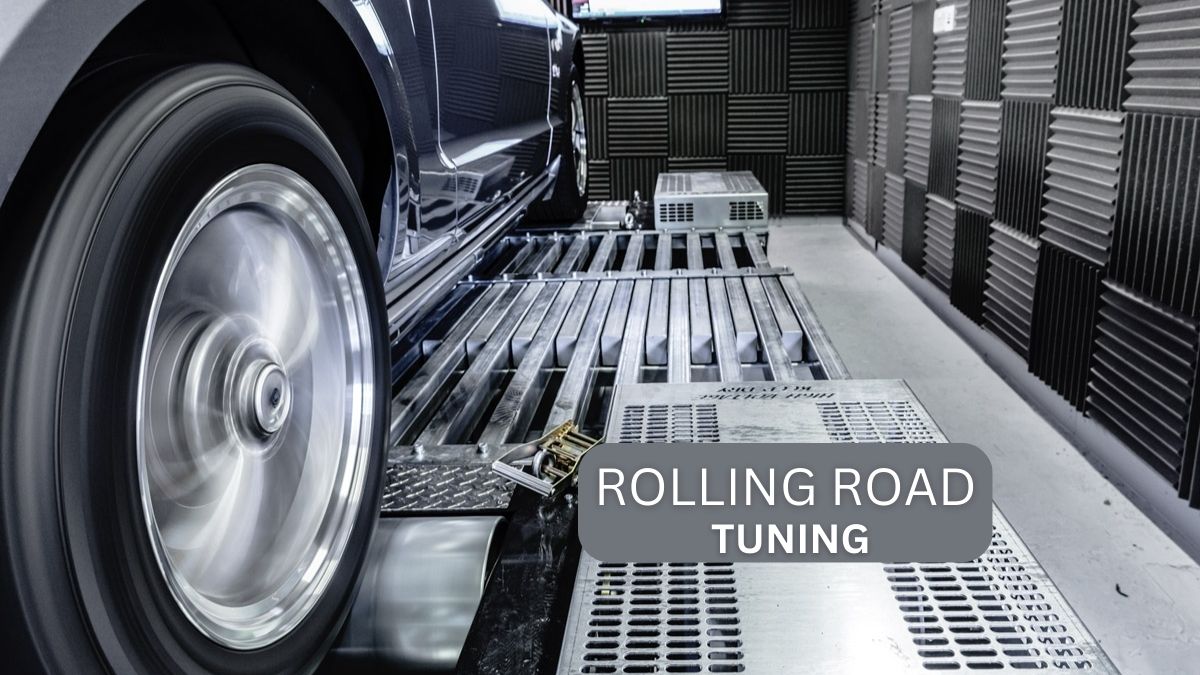Are you a car enthusiast looking to improve your vehicle’s performance? Rolling road tuning may be the solution you’re looking for. This article will cover what rolling road tuning is, the benefits it provides, and how it can improve your car’s performance.
What is Rolling Road Tuning?
Rolling road tuning, also known as chassis dynamometer tuning, is a process of optimizing a car’s performance by measuring its power and torque output on a dynamometer machine. The machine simulates actual driving conditions, allowing mechanics to make real-time adjustments to the car’s engine settings, fuel delivery, and other components.
The Benefits of Rolling Road Tuning
Rolling road tuning provides numerous benefits for car owners. These benefits include:
Improved Performance
Rolling road tuning can significantly improve a car’s performance by optimizing its engine settings, fuel delivery, and other components. It can also improve the car’s throttle response, acceleration, and overall speed.
Better Fuel Economy
By optimizing a car’s fuel delivery system, rolling road tuning can also improve its fuel economy. This means you can get more mileage out of your car and save money on gas in the long run.
Reduced Emissions
Rolling road tuning can also reduce a car’s emissions by optimizing its engine settings and fuel delivery system. This can help the environment by reducing air pollution and promoting cleaner driving.
Diagnosing Problems
Rolling road tuning can also help diagnose any underlying problems with a car’s engine or other components. By measuring its power and torque output on the dynamometer machine, mechanics can identify issues that may not be apparent during regular driving.
How Rolling Road Tuning Works
Rolling road tuning works by placing a car on a dynamometer machine that simulates real-world driving conditions. The machine measures the car’s power and torque output as it runs through a series of tests, allowing mechanics to make real-time adjustments to its engine settings, fuel delivery, and other components.
During the tuning process, the mechanic will adjust various components of the car’s engine, including the air/fuel ratio, ignition timing, and idle speed. These adjustments are made based on the car’s power and torque output readings from the dynamometer machine.
Once the tuning process is complete, the mechanic will retest the car on the dynamometer machine to ensure that it is performing optimally.
Choosing the Right Rolling Road Tuning Service
When choosing a rolling road tuning service, it’s important to find a reputable and experienced mechanic who has experience with your particular car make and model. You should also look for a service that uses modern dynamometer machines and the latest tuning software.
Conclusion
Rolling road tuning is an excellent way to improve your car’s performance, fuel economy, and emissions while diagnosing any underlying problems with its engine or other components. By working with a reputable and experienced mechanic, you can optimize your car’s performance and enjoy a better driving experience.
FAQs
- How often should I get my car rolling road tuned?
It’s recommended that you get your car rolling road tuned every two to three years or after any significant changes to your car’s engine or components.
- How long does rolling road tuning take?
Rolling road tuning typically takes a few hours to complete, depending on the complexity of the tuning process.
- Can rolling road tuning damage my car?
Rolling road tuning should not damage your car if it’s done correctly by a reputable and experienced mechanic.
- How much does rolling road tuning cost?
Rolling road tuning costs vary depending on the service provider and the complexity of the tuning process. Expect to pay
